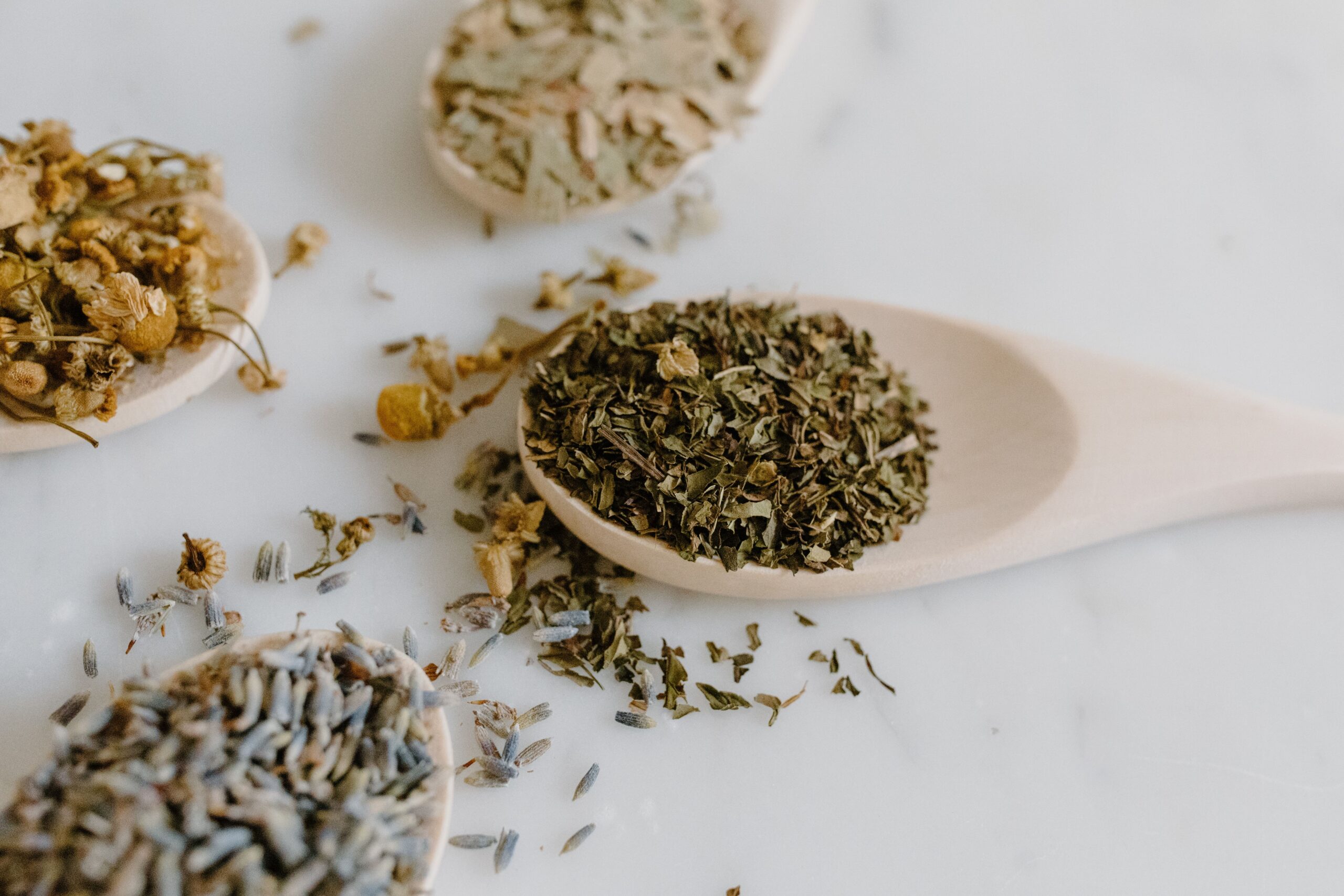Exploring the World of Alternative Medicine: A Comprehensive Guide
In a world where healthcare options abound, alternative medicine stands as a diverse and intriguing realm. It encompasses a wide spectrum of healthcare practices that diverge from the conventional approaches we’re all familiar with. Rooted in natural or traditional remedies, these practices offer unique avenues for addressing health conditions and promoting overall well-being. In this comprehensive guide, we delve into the fascinating world of alternative medicine, shedding light on some of its most prominent facets.

1. Herbal Medicine
Herbal medicine is one of the most prominent and time-tested branches of alternative medicine. It involves harnessing the power of plants and their extracts to alleviate health issues. With a rich history dating back centuries, herbal remedies have garnered scientific validation for their efficacy in certain conditions. However, it’s important to tread carefully, as not all herbal remedies are safe or proven. Consulting a healthcare professional is advisable before embarking on any herbal supplement regimen.
2. Acupuncture
Acupuncture, originating from traditional Chinese medicine, is a practice that involves the precise insertion of fine needles at specific points on the body. This age-old technique is believed to stimulate the body’s inherent healing mechanisms and is employed to address a range of conditions, including pain, nausea, and anxiety.
3. Homeopathy
Homeopathy is a unique system of medicine that employs highly diluted substances to treat diseases. It operates on the principle of “like cures,” suggesting that substances inducing specific symptoms in a healthy individual can alleviate similar symptoms in an afflicted person. However, it’s worth noting that homeopathy lacks substantial scientific support and is widely regarded as pseudoscience.
4. Yoga
Yoga, originating in India, is a holistic mind-body practice that combines physical postures, breathing exercises, and meditation. Its benefits extend to enhancing flexibility, strength, and balance while significantly reducing stress and anxiety.
5. Meditation
Meditation is a mindfulness practice centered on anchoring one’s attention in the present moment. It encompasses various techniques and is renowned for its stress-reduction properties, improvements in sleep quality, and enhanced focus and concentration.
6. Massage Therapy
Massage therapy involves the skilled application of pressure to the body’s muscles and soft tissues. This practice is highly regarded for its pain relief, circulation improvement, and stress reduction properties.
7. Reiki
Reiki, originating in Japan, is a unique healing technique that revolves around transferring “universal energy” from a practitioner to a recipient. It aims to induce relaxation, alleviate stress, and bolster the immune system. While scientific evidence remains limited, Reiki is recognized for its gentle and safe nature.
8. Naturopathy
Naturopathy advocates natural therapies such as diet, exercise, and herbal remedies, grounded in the belief that the body possesses intrinsic healing abilities. Lacking substantial scientific backing, naturopathy is considered pseudoscientific by many experts.
9. Dietary Supplements
Dietary supplements encompass a wide range of products intended to augment one’s diet. These may include vitamins, minerals, herbs, or other substances. Notably, they escape FDA regulation, warranting caution and consultation with a healthcare provider before use.
10. Functional Medicine
Functional medicine is a relatively new approach that emphasizes the identification and address of underlying causes of diseases. This paradigm posits that diseases stem from bodily imbalances, although comprehensive scientific validation is currently limited.
11. Mind-Body Medicine
Mind-body medicine explores the intricate interconnection between the mind and body. It asserts that the mind significantly influences both disease onset and treatment. Practices like meditation, yoga, and biofeedback constitute essential elements of this holistic approach.
In this introductory exploration into the expansive realm of alternative medicine, we’ve touched upon some of its most prominent facets. However, it’s crucial to remember that alternative medicine is a vast and multifaceted field. Thorough research and open dialogue with healthcare professionals are indispensable prerequisites before embarking on any alternative medicine journey. So, as you venture into the world of alternative medicine, do so with an open mind and a discerning eye, ensuring that your path to wellness is as informed and safe as possible.